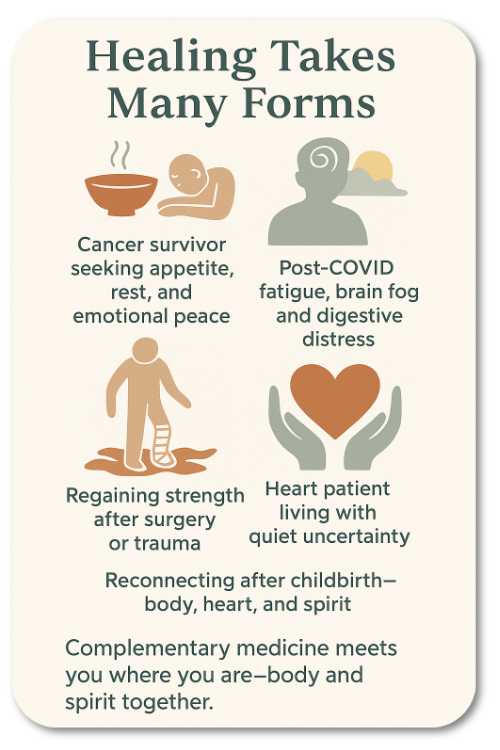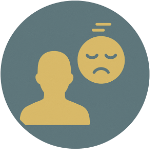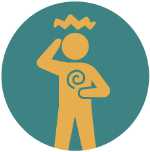From Crisis to Care
TCM Offers Support Recovery
Modern medicine is remarkably effective in a crisis. It can stop a heart attack, stabilize a diabetic emergency, clear an infection, remove a tumor, or deliver life-saving surgery. But once the hospital discharge papers are in hand and the medications are filled, many patients find themselves asking: Now what?
Recovery doesn’t end when the acute danger passes. In many cases, it’s only the beginning.
Fatigue, poor sleep, pain, mood changes, and digestive issues are common in the weeks or months after serious illness—but they’re rarely addressed in follow-up care. This is where complementary medicine, including Traditional Chinese Medicine (TCM), often steps in to fill the gap.
The “Invisible Phase” of Healing
Western care tends to divide illness into two categories: either you’re sick enough to need intervention, or you’re “fine” and can go back to your routine. But many patients experience an in-between phase—a place of slow healing, emotional fragility, and physical imbalance. It’s not dramatic enough for emergency care, but it’s far from true recovery.
 Some examples:
Some examples:
- A cancer survivor who can’t regain appetite, sleep, or emotional equilibrium
- A person recovering from COVID still experiencing fatigue, brain fog, or digestive upset
- Someone post-surgery whose body feels ungrounded or chronically tense
- A heart patient whose numbers are stable, but who lives in quiet fear of recurrence
- A woman recovering from childbirth whose spirit feels disconnected and body weakened
These aren’t rare cases. They’re just under-supported by the current medical system.
Where Complementary Medicine Shines
TCM and other holistic systems approach this phase of healing very differently. Rather than asking, “Are you sick or not?”, they ask, “What systems need support, and how can we gently restore balance?”
A TCM practitioner may see that the Qi is depleted, the digestion is weak, or the Shen (spirit) is unsettled. Treatments are tailored not to “treat the disease,” but to restore strength, calm, and coherence to the person who has lived through it.
This might include:
- Acupuncture to ease tension, regulate energy, improve sleep, and reduce inflammation
- Herbal medicine to rebuild vitality, support digestion, or calm emotional unrest
- Food therapy to gently nourish the spleen, liver, or kidney systems depending on the recovery type
- Breathwork or Qigong to reconnect with the body and regulate the nervous system
There’s no rush. TCM honors the slowness of true healing—and offers structure for those who feel lost after the flurry of medical care ends.
Not a Replacement—But a Continuation
Complementary medicine doesn’t replace follow-up with your specialist or primary doctor. But it adds something essential: a sense that healing isn’t just about tests and lab results. It’s about how you feel each day. Whether you’re trying to regain energy, ease fear, rebuild digestion, or find emotional steadiness, the complementary approach asks: What’s still out of balance, and how can we help your body find its way back?
Patients who combine both systems often feel more confident and less alone. They know their condition is being monitored medically—but also supported holistically.
The Care That Comes After the Crisis
When acute care ends, many patients feel dismissed. They’re told they should be “grateful,” even when they don’t feel whole. Complementary medicine creates a space where the quiet, ongoing work of recovery is seen and honored.
Healing doesn’t stop when the crisis passes. And support shouldn’t either.





